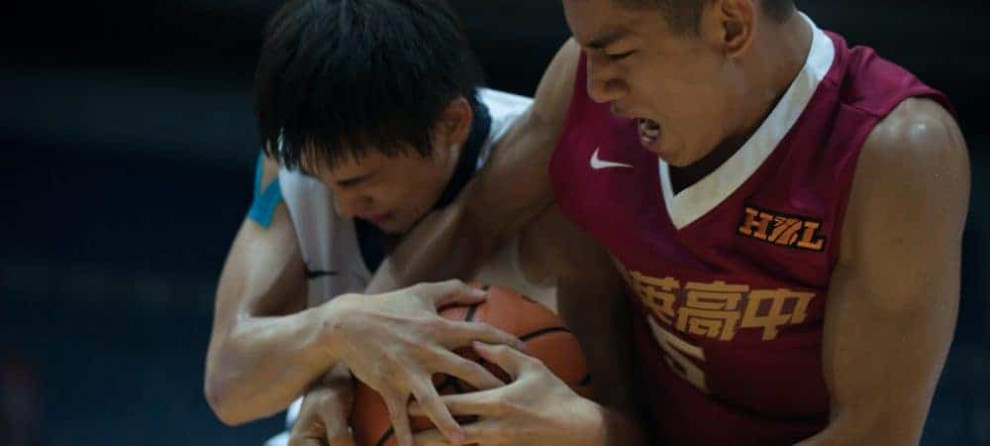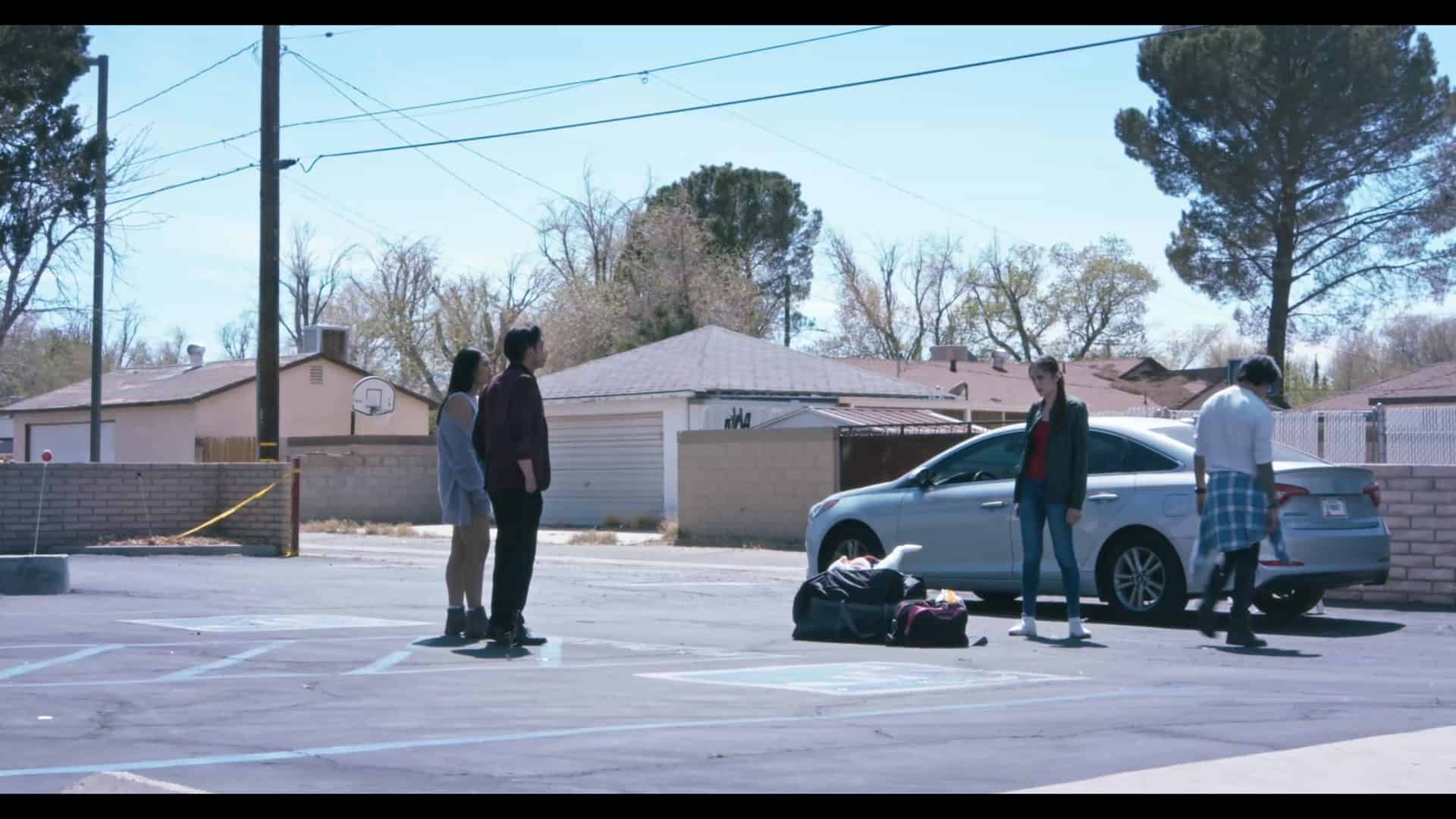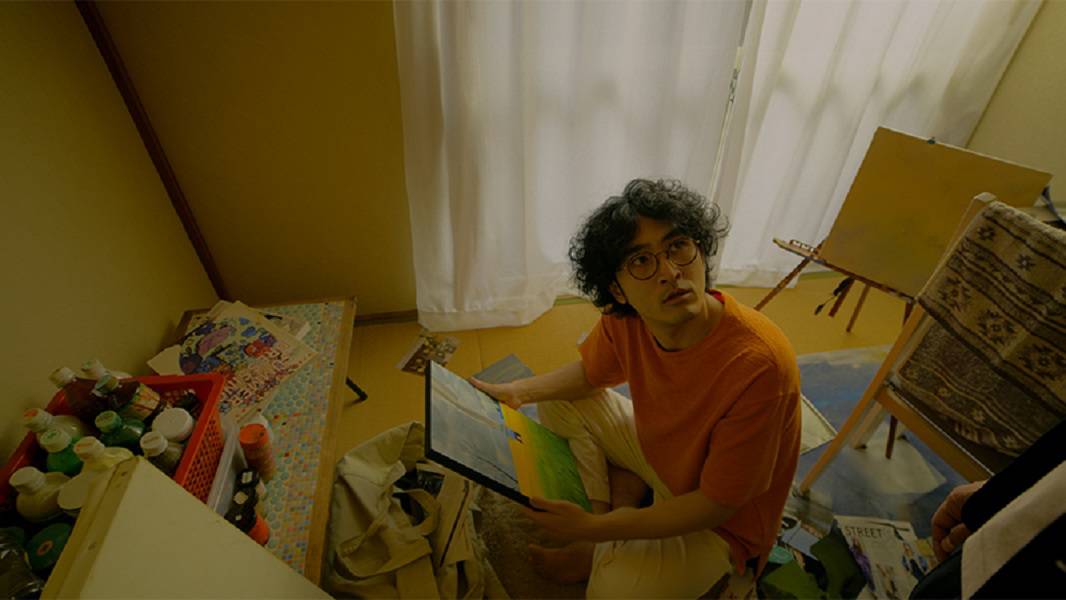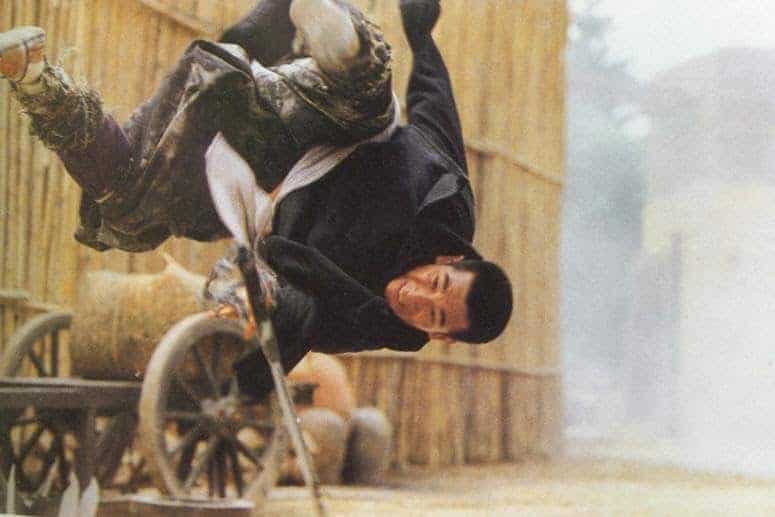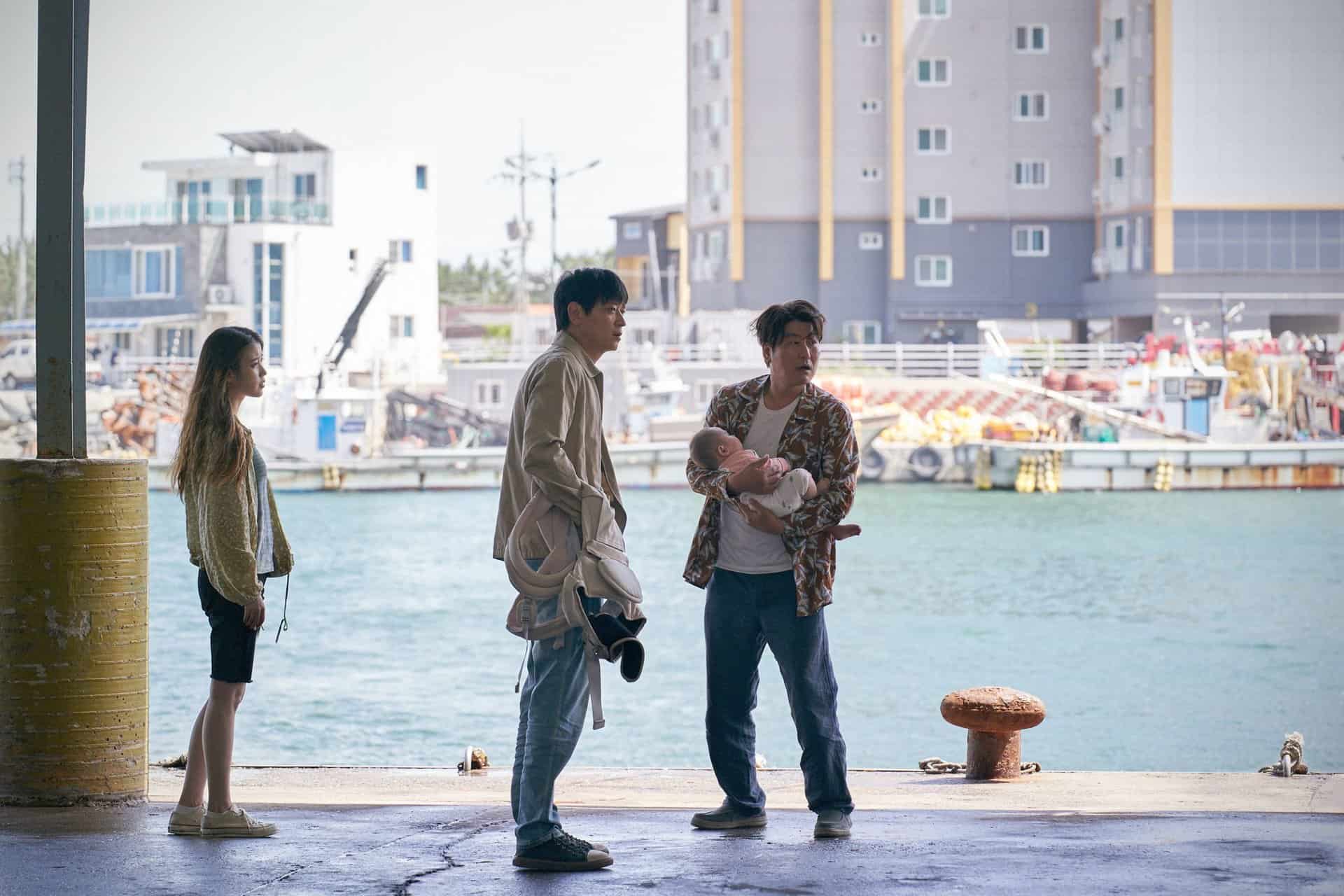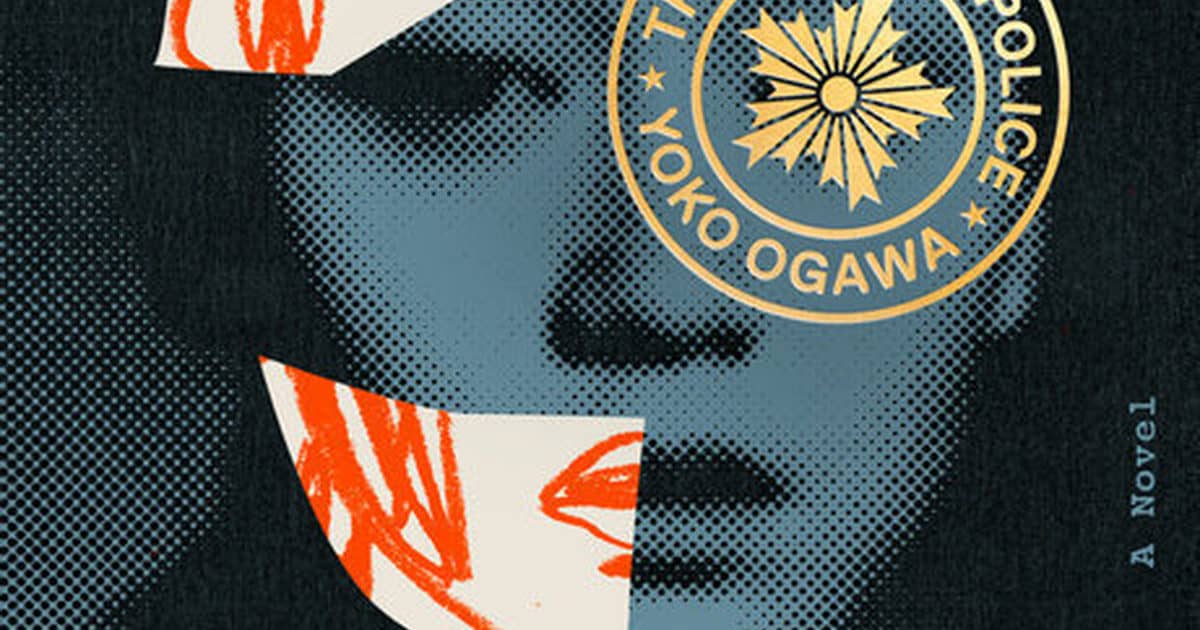Films about dreams coming true through sports are not exactly a rarity, but Chang Jung-chi has managed to present the concept with an approach that truly highlights both it and the game of basketball. To do so, he based his script on the real-life news story of basketball players Kao Kuo-chiang and Kao Kuo-hao, who clashed while playing for different schools, and spent two years on research with numerous high school basketball powerhouses. (source: Taipei Times)
“We Are Champions” is screening at Toronto Reel Asian International Film Festival

The story revolves around two teenage brothers, Tung-hao and Hsiu-yu, who is partially deaf. The two brothers seem to have nothing in life, but basketball and each other. During a streetball match, the two of them impress some people from the crowd, and they soon find themselves being offered places in high schools with basketball programs, one quite prestigious and one more ragtag. Little brother Tung-hao is disappointed to learn that that the elite one does not have a place for his handicapped brother, but after much tribulation, he decides to attend after all. Big brother Hsiu-yu ends up in the ragtag school, where he finds both brotherly and romantic love. Inevitably, however, the two brothers' paths clash in the HBL tournament (a March Madness-style Taiwanese high school basketball championship), and the situation becomes worse when their fight extends outside the basketball court when Tung-hao begins mixing his actual priorities.
There are three major traits in the film's narrative. The first one is the way the actual sport is presented, which, as a fan of basketball, I can easily say it is one of the most realistic ever depicted on cinema. Chang insisted on his lead actors having actual basketball experience, and he casted actual high school basketball players for the rest of the cast. Despite the actors already being quite skilled, he still put them through six months of intense basketball and acting training before commencing shooting (source: Taipei Times). The result is realistically impressive as, most of the time, the spectacle on screen looks like an actual basketball match. This aspect benefits the most both by Chen Ta-pu's cinematography, who seems quite experienced in shooting actual basketball games, and Chen Chun-hung's editing, who induces these sequences with the speed the sport demands.
The second is the way Chang Jung-chi decided to deal with the fact that Hsiu-yu is partially deaf, actually highlighting the fact that this problem does not bother him almost at all in his life, and is the others that create problems for him, by considering him handicapped.
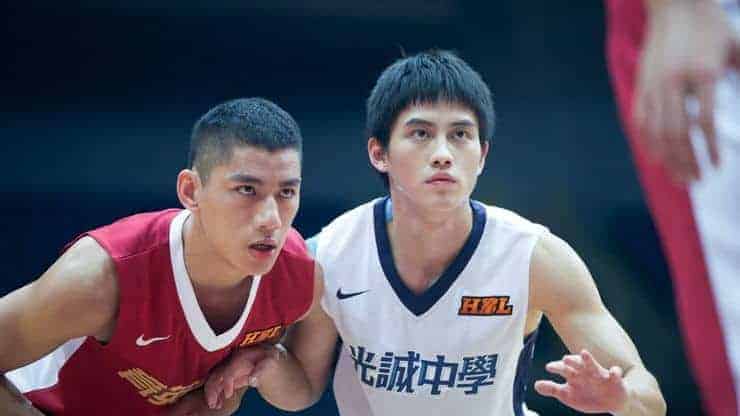
The third is the way he presents the concept of “the underdog making it to the top”, which in this case, is toned down, and actually gives the “front seat” to brotherly love and camaraderie/self-sacrifice for the common good, with the latter being one of them highest regarded values in team sports.
My only issue with the narrative is that it crosses the borders of the melodrama at times (with the music actually adding to that part), in a tactic that provides the sole unrealistic moments in the film, and makes it a bit longer than it could be. This, however, is not a fault as significant as to ruin the overall quality of the film.
Fandy Fan as Hsiu-yu and Berant Fu as Tung-hao give very convincing performances, both as basketball players and outside the court, with their chemistry being quite evident. Particularly the way the latter presents the fact that hear deficiency is there, but is not a major issue, is one of the best parts of the narrative.
“We Are Champions” is an impressive film that manages to make a number of comments through basketball, but for me, its biggest value lies with the cinematic depiction of the sport, which is one of the best I have ever seen.


